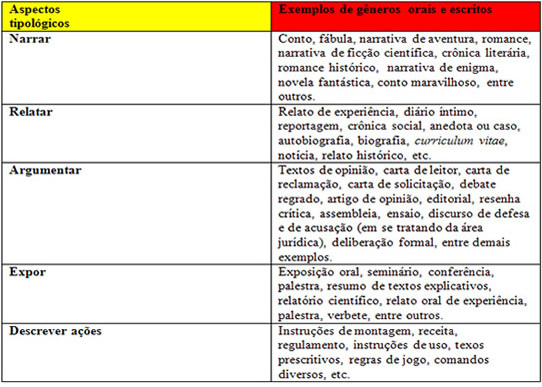Balance is related to the sensory organ of hearing. Inside our ear there are cells and channels that are responsible for our balance.
The vestibular apparatus or labyrinth is formed by the utricle, saccule and semicircular canals; inside, there are sensory cells called sterocilia, which are responsible for sending information about the position of the body to the brain.
Inside the utricle and saccule there is a gelatinous substance with otoliths or statoconia that “inform” the sterocilia when the body moves. On top of the utricle, the semicircular canals, which are also fluid-filled, have sensory cells that when pressed by the liquid send information to the brain, so that it adjusts to the position of the body.
When the body moves abruptly and stops, the fluid in the channels moves, and information about that movement is sent to the brain. But it turns out that the body has already stopped moving and the information that the brain received does not match the real condition of the body, which is to be stationary. For this reason, we got dizzy for some time.
Labyrinthitis is an infectious process that takes place in the labyrinth and affects a person's balance. When the person has labyrinthitis, they experience dizziness, tinnitus and imbalance. You have the feeling that the world is spinning around you, which can cause nausea and dizziness. Labyrinthitis can be treated with the help of a specialized professional.
By Paula Louredo
Graduated in Biology
Source: Brazil School - https://brasilescola.uol.com.br/biologia/como-nos-equilibramos.htm

